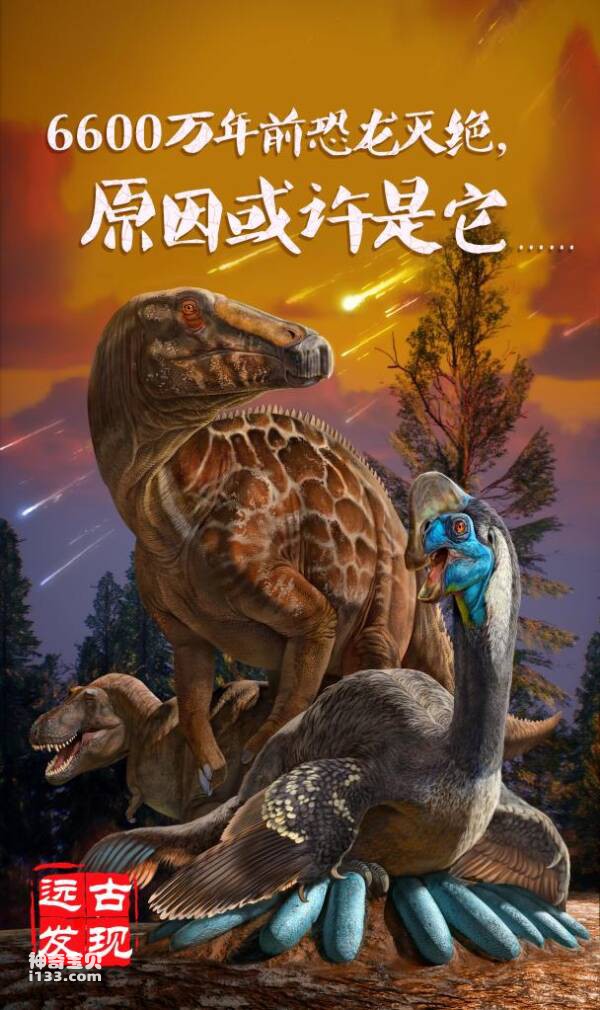The mystery of the extinction of the dinosaurs 66 million years ago has always been a hot issue of concern to the world. The academic community has proposed a variety of hypotheses, including the famous asteroid impact hypothesis. The reporter learned from the Institute of Vertebrate Paleontology and Paleoanthropology of the Chinese Academy of Sciences on the 20th that a latest study of dinosaur eggs by Chinese scientists revealed a new mechanism of dinosaur extinction from the perspective of dinosaur diversity evolution. Relevant results have recently been published as a cover article in the international journal "Proceedings of the National Academy of Sciences".
As the main carrier for dinosaurs to thrive on the earth, dinosaur eggs can not only reflect the reproductive habits of dinosaurs, but their accumulation and burial patterns in the strata can also reflect the paleoenvironmental information of the dinosaurs' survival period. A scientific research team composed of the Institute of Vertebrate Paleontology of the Chinese Academy of Sciences, the Institute of Geology and Geophysics of the Chinese Academy of Sciences, and the China University of Geosciences (Wuhan) carried out systematic paleontology and Stratigraphic research provides new basis for solving the mystery of dinosaur extinction.
According to reports, the team collected more than 1,000 dinosaur egg and eggshell specimens buried in situ in the basin. In addition, a small number of tyrannosaurus and sauropod bones were also found here. Analysis of these dinosaur eggs and bones showed that dinosaur diversity in the Shanyang Basin had been at a low level for about 2 million years before its extinction. Based on the dinosaur fossils found in other areas of my country, this study believes that my country's dinosaur diversity showed a significant downward trend about 72 million years ago, which is similar to the distribution characteristics of dinosaur fossils in western North America.
The results of this study provide new basis and perspective for understanding the process and mechanism of dinosaur extinction. Dinosaurs are oviparous animals, and the hatching success rate of dinosaur eggs directly determines the prosperity of the dinosaur population. Incubation of dinosaur eggs requires the right temperature, humidity and even carbon dioxide concentration. Therefore, this study proposes that in the Late Cretaceous, with the co-evolution of natural ecosystems and dinosaurs themselves, dinosaur diversity experienced a continuous decline, which reduced the environmental adaptability of dinosaurs as a group and resulted in their inability to survive volcanic conditions. Survive and recover from the drastic environmental changes caused by major disaster events such as explosions or asteroid impacts, and eventually become extinct.

Restored map: Three main types of dinosaurs living in the Shanyang Basin at the end of the Cretaceous. (Painted by Zhao Chuang)
animal tags:
We created this article in conjunction with AI technology, then made sure it was fact-checked and edited by a Animals Top editor.